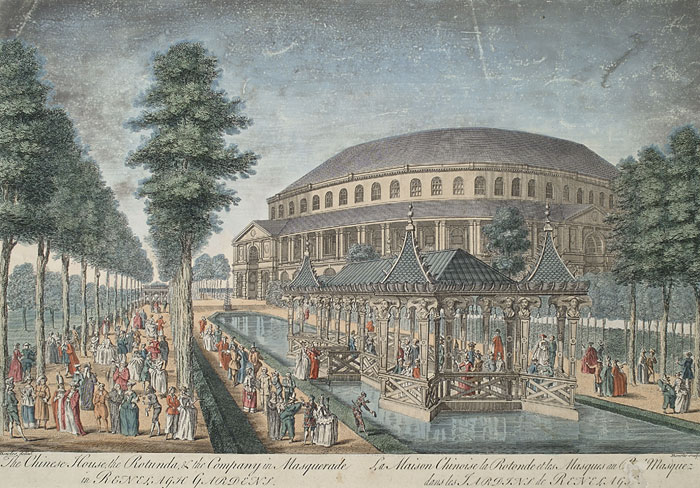 |
| Convento dos Capuchos; path to the grotto |
And still he questions what good it does to devote oneself to God all those years and yet, lives of the innocent still shed. Childe Harold's thoughts float as he takes in the views along the path up the hills.
The friars in the convent lived the remaining of their days to make this a sacred place and yet, all is left after the destructions and rampage of the invaders, the land scorches and the crosses moulder.
"Woe to the rash mortal who seeks to know that of which he should remain ignorant, and to undertake that which surpasses his power".
 |
| Illustration from Vathek by William Beckford; Vathek motionless with surprise discovering Nouronihar extended on the ground trembling and pale; Watercolour |
Now that Harold's on top of the mountain, it's only understandable that he weep upon the lost glory of what was once paradise on earth. It seems that it's a universal tradition for a poetic person who care about history to sign and contemplate when at a height, lamenting the loss through time.
Pleasance here means a pleasure-garden, a creation of the wealthy as the garden offers nothing but to please the eyes and serves for other recreational purposes. Portugal, in Harold's eyes, had been naturally of pristine beauty, yet those innate advantages were of no use when disasters hit.
 |
| Fool's Cap |
Stanza No. 24 is when Byron starts to throw in sarcasm over the Convention of Sintra. He calls the official jesters, their crowns fool's caps, laughable even to children.
Growing up, I've learned about many a baffling and disgraceful conventions that the Chinese government had signed with foreign invaders during WWI and WWII. Throughout my schoolgirl years, I'd been taught to lament the loss of treasures of my own country because of war. I guess the sense of loss has become a collective unconscious that people of all cultures can relate to.
By the end of the peninsular war, Anglo-Portugal had been the winner. The French was supposed to surrender. However, instead of a painful journey home after being defeated completely, the French gets to pack and sail home, loaded with all of their supplies and goodies they raped from Portugal. What buffoons Sir. Harry Burrard and Sir. Hew Dalrymple had been!
Sir Arthur Wellesley, 1st Duke of Wellington and his knights got held up in action. Bravery and common sense were of no use as they had to swallow the disgrace caused by a generation of embarrassment.
It seems that the battle resulted in the sneers of the lost and the disgrace of the victors. We always say that history is written by the victors, however, there isn't any real winners in this war, and neither of the two sides can pronounce the result without tasting some bitterness in their mouths.







No comments:
Post a Comment